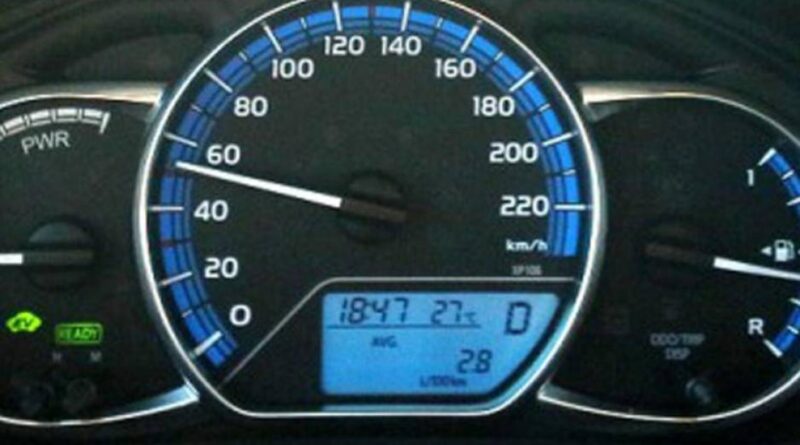What drives car value in India: Engine capacity or tax structure?
People often wonder why car-makers don’t make a more powerful engine or a more efficient one for that matter for a few bucks more or less. Why are car engines available in only three- four power variants and not more. These are some questions better answered taking the tax regime of our country into account.
Car makers have to abide by the tax structure the Indian government has set. And being a welfare government, it has set the lowest GST and excise slab for small cars or cars with less engine capacity and a higher GST and excise slab for the speed enthusiasts opting for a more powerful engine.
Not only engines, but the taxation system is designed around the length of the cars as well.
The tax structure of different types of cars manufactured in India is as under:
– Petrol/CNG/LPG car
– Petrol/CNG/LPG car 4 meters – GST (28%) + Compensation Cess (15%)
– Petrol/CNG/LPG car> 1200cc (irrespective of length) – GST (28%) + Compensation Cess (22%)
– Diesel car
– Diesel car 4 meters – GST (28%) + Compensation Cess (20%)
– Diesel car> 1500cc engine capacity> 4 meters length and ground clearance of>170mm – GST (28%) + Compensation Cess (22%)
From the above list it is clear that diesel vehicles with large engine capacities have the highest compensation cess and by extension the highest tax rates applicable to them. Simultaneously, cars with smaller engines feature a lower rate of compensation cess.
Similarly, commercial vehicles such as those designed for carrying passengers, goods or for agricultural use typically feature a GST rate ranging from 12% to 28%.
As far as the electric vehicles (EV) are concerned, they originally featured a GST rate of 18%. But, the 36th GST Council meeting held on July 27, 2019 reduced the GST rate on electric vehicles to 5%.
The same 5% GST rate is also applicable to EV chargers and charging stations as announced at the same meeting. This reduced rate has been effective from August 1, 2019 onwards.
It is important to note that this 5% GST rate will be applicable to all EV irrespective of whether they are for private use or commercial use.

